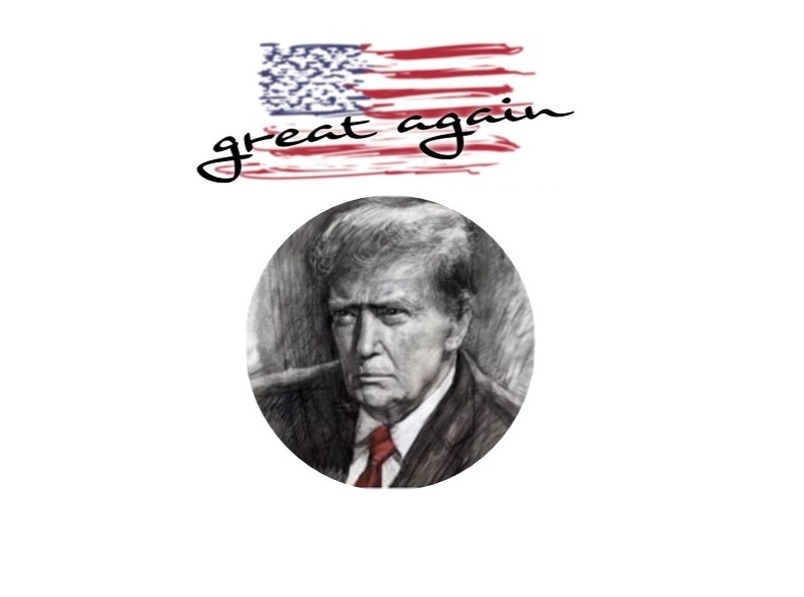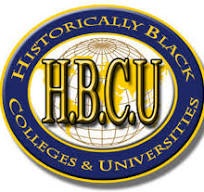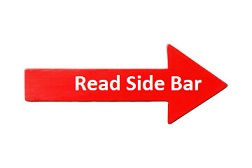Skip Courses CoursesCONTENT RESTRICTIONSThe material content of the site may not be downloaded, copied, photographed, transmitted or retained by any electronic or scanning device without the express written permission of New York Trust. |  A vision for America!
Making America...Great Again!
In July of 2019, Donald Trump unveiled The Platinum Plan.
The Platinum Plan committed to unleashing access to 500 billion of capital creating 3 million new jobs and 500,000 black-owned businesses.
Unfortunately. what has now been proven to be a "rigged election", denied his rightful Presidency.
After decades of neglect and failed promises by Democratic politicians, Black Americans have found a true advocate in President Trump, who is working tirelessly to deliver greater opportunity, security, prosperity and fairness to their communities. And they rightfully elected him with their voting power.
This program you will read is the first step in establishing 500,000 people in their own business. More importantly, the target market landscape is those over age 55 who control 74% of all assets in the nation, a staggering figure of 129 trillion.
In addition. this platform will be an intricate segment of the recently signed (4/23/25) Presidential Executive Order:
WHITE HOUSE INITIATIVE TO PROMOTE EXCELLENCE AND
INNOVATION AT HISTORICALLY BLACK COLLEGES AND UNIVERSITIES.
 WE HAVE 42,000 SCHOLARSHIPS (80% SUBSIDIZED)
EXPRESSLY FOR HBCU's
WE ALSO HAVE A CHANNEL 0F 158,000 SCHOLARSHIPS TO CREATE JOBS FOR
CITIES THAT ARE ECONOMICALLY-IMPACTED
WE HAVE A NUMBER OF CITIES THAT WILL BE ENGAGING THIS
PROGRAM AS EDUCATIONAL REPARATIONS AND FOR
THAT VISION WE HAVE SET ASIDE 300,000 SCHOLARSHIPS.
MAYORS OF THESE CITIES WILL BE IN TOTAL CONTROL OF THESE SCHOLARSHIP PROGRAMS WITHOUT FEDERAL INTERVENTION.
More than being the ultimate pioneering program into a top level earning field of finance, it will be the most equal opportunity ever presented, inasmuch as there are no pre-requisites for entry.
Whether a person has a J.D,. PhD or G.E.D., everyone begins at the same level as this is new information to all.
Furthermore, it will be recorded in history that the Republican Party closed the income equality gap and established the long-sought pipeline to create generational wealth for generations, yet unborn.
Most importantly, not only will 500,000 people be earning an Executive Income but an additional 4.02 people in their immediate or extended family will benefit, significantly. Thus, 2.5M lives WILL MATTER.
Donald Trump's proven mantra has always been:
Promises Made...Promises Kept!
 Available Courses
| Skip Trump's Platinum Plan Resurrection Trump's Platinum Plan Resurrection
Furthermore, they are forever scholarships and bear no expiration date.
They will allow course graduates to establish their own professional
practice in one of the highest earning fields of finance…TRUST PLANNING.
A field where Executive level earnings are the norm not the exception.
As a Senior Executive Trust Officer (SETO), you will have the skill set to creatively meld various trust components together to solve any financial problem and deliver only the best outcome.
You will receive 14 certificates in Trusts and 8 in the Taxation benefits of Trusts.
The course work in your professional portfolio can be converted to 48-60 credits in over 5,200 colleges nationwide to start, accelerate or complete your college degree
Furthermore, this plan is structured so that you pay no tax on approximately 80% of your earnings, a giant step in closing the income equality gap and beginning the long-sought channel of generational wealth.
As a SETO, you can create your own:
You will. be able to have a wealth of benefits for self and family: Solo 401k: You/spouse
IRA’s for children 6-18
Deductible college funds
Section 105 Medical Plan
And a host of other benefits that Wall Street elite have had for 85 years.
Understand the full value of one of these scholarship. It is the ONLY method of access to the ONLY platform that teaches Trust Planning.
For those whose spirit goes beyond being “an army-of-one”,
there is an entire suite of professional remote tools that will allow for the ability to build a nationwide marketing force, if you so desire.
While you will establish your own local professional practice, the Internet will intersect with our AI channel, so the entire nation becomes your marketplace from a TV-like studio transmitted presence.
Contact:
Dr. Maguire
Rutgers
Cell: (609) 618-3856
|

Have a ??????
Thank you for submitting your question..